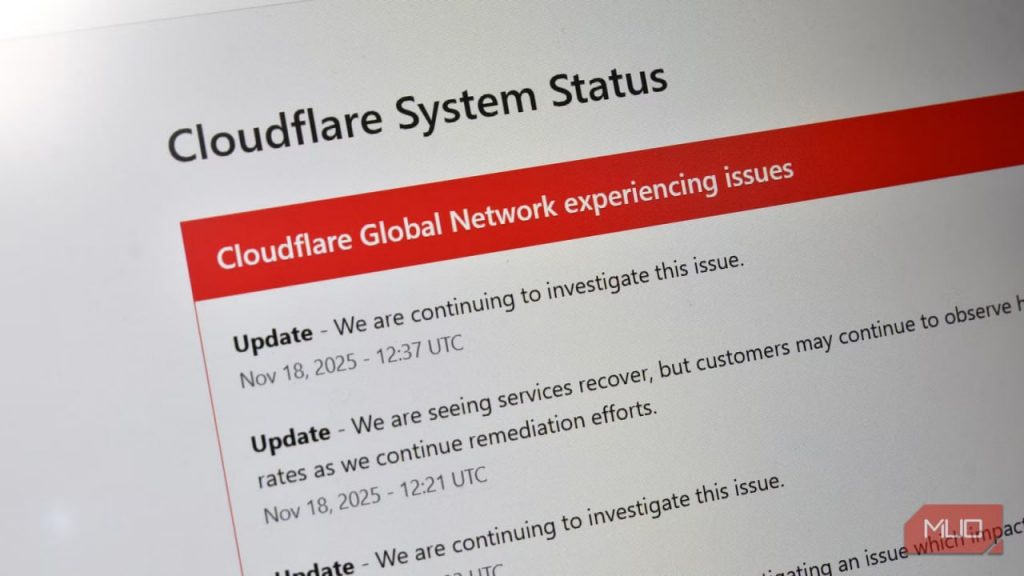Now Reading: New Approaches to Supporting Mental Health in Daily Life
-
01
New Approaches to Supporting Mental Health in Daily Life
New Approaches to Supporting Mental Health in Daily Life

Mental health is no longer being framed solely as the domain of therapy sessions, diagnoses, or crises that demand professional intervention. Instead, we are witnessing a gradual but meaningful cultural shift: the recognition that wellbeing can, and should, be nurtured in the flow of everyday life. This new approach to mental health support aims not only to address challenges when they surface but to help prevent them by embedding balanced, supportive practices into daily routines.
Historically, mental health was often sidelined or stigmatized, leaving individuals to struggle silently until stress or symptoms became overwhelming. Today, however, there is growing emphasis on incorporating preventive, accessible, and stigma-free strategies directly into ordinary experiences. The focus is less on “What’s wrong with me?” and more on questions like “What practices can I adopt to sustain balance and resilience day by day?”
At the heart of these new approaches is self-regulation—the ability to manage one’s emotional state through practical strategies like breathwork, journaling, movement, or structured breaks during stressful tasks. Unlike treatment models that operate primarily in professional settings, self-regulation tools are lightweight, evidence-informed, and woven seamlessly into everyday moments. This adaptability makes them approachable for a wide range of people who may not otherwise seek or have access to professional mental health services.
Equally important is the recognition that mental wellbeing must be cultivated holistically, treating the body and mind as interconnected. Nutrition, physical activity, quality sleep, and social engagement are no longer viewed only as “lifestyle choices” but as preventive measures that directly influence emotional resilience. For instance, fostering good sleep hygiene or adopting gentle routines like stretching in between work tasks can ease accumulated tension. These modest forms of care align with broader shifts in healthcare that emphasize prevention rather than reaction.
Part of this new landscape also involves community. While therapy and medication remain vital for many, conversations about mental health are expanding beyond traditional settings. Families, workplaces, schools, and local institutions are being encouraged to become active partners in promoting wellbeing. This collective focus helps to normalize mental health practices, break down stigma, and create supportive ecosystems that extend care to groups who might traditionally be overlooked. The idea is to build environments that encourage open dialogue, cultural sensitivity, and inclusivity—redefining wellness not as a solitary pursuit but as a shared, sustainable practice.
One of the most significant transformations in mental health support is the growing integration of technology. Digital wellness platforms are creating personalized experiences that encourage proactive engagement rather than reactive intervention. Apps for guided meditation, mood tracking, and virtual journaling now help individuals monitor patterns of stress and make adjustments before problems escalate. Artificial intelligence tools, when designed ethically, are even capable of offering gentle suggestions for daily practices based on user behavior. Importantly, these tools are making support available on-demand, reaching people who may not have the time, resources, or access to traditional therapy.
Yet technology is not the defining solution on its own. Equally impactful are what can be described as “micro-moments of mindfulness”: tiny, intentional pauses integrated into working, commuting, or even eating. Instead of expecting people to make dramatic lifestyle overhauls, these approaches encourage subtle rituals—such as pausing for three deep breaths before a meeting, leaving the phone aside while having dinner, or taking a walk during a break. Over time, these practices accumulate, offering steady benefits to stress regulation and emotional awareness without requiring significant time or effort.
Workplace culture, too, is undergoing an evolution. Mental health is beginning to be seen as essential to organizational wellbeing, not just a personal or private matter. Employers are introducing flexible models of work-life balance, offering access to employee assistance programs, and fostering open conversations around stress and burnout. These cultural shifts are helping employees feel supported rather than judged, and they highlight how systemic change—not only individual responsibility—plays a crucial role in sustaining mental wellness.
In parallel, communities and peer networks are becoming increasingly important. Initiatives such as mental health mentoring programs, local discussion circles, or intergenerational support groups help people connect over shared experiences. These forms of grassroots engagement emphasize compassion, belonging, and authentic connection—crucial elements in counteracting the isolation that so often undermines wellbeing. Unlike formal therapy, these networks operate as non-clinical, approachable spaces where people can share resources in ways aligned with diverse cultural norms.
Crucially, this reimagining of mental health situates it not simply as the absence of illness, but as a living skill—something that can be cultivated, practiced, and passed down. Parents teaching children how to process difficult emotions, peers guiding each other through stress management strategies, and educators incorporating social-emotional learning into classrooms are all examples of how mental wellbeing can be integrated across multiple generations.
The result is a more fluid, inclusive model of care—one that bridges scientific research with human experience. Instead of viewing everyday stress as something purely individual or shameful, society is beginning to acknowledge the importance of building collective resilience. Mental health becomes not only about recovery but about growth, adaptability, and resourcefulness.
Conclusion
New approaches to supporting mental health are reshaping the way we live, work, and connect. No longer confined to clinical settings or crisis moments, wellbeing is being redefined as an accessible, continuous practice embedded in daily routines. Through digital tools, small mindful rituals, workplace innovations, and compassionate community structures, mental health support is becoming more adaptable to the realities of modern society.
This shift invites us to see mental wellness as not just personal responsibility, but as a shared priority—an investment in collective resilience and long-term sustainability. By embracing holistic care, cultural inclusivity, and creative resources, individuals and communities alike can co-create environments that nurture not only the absence of illness but the presence of everyday balance, purpose, and meaningful human connection.
















